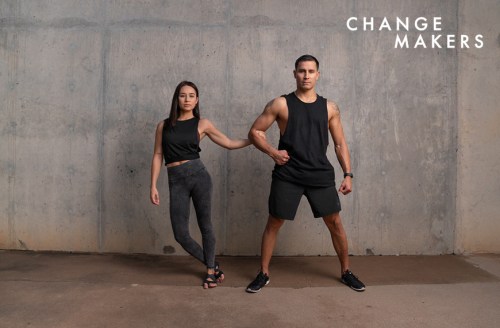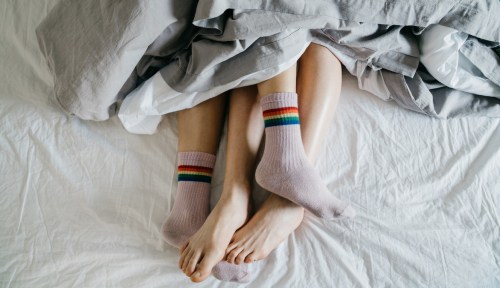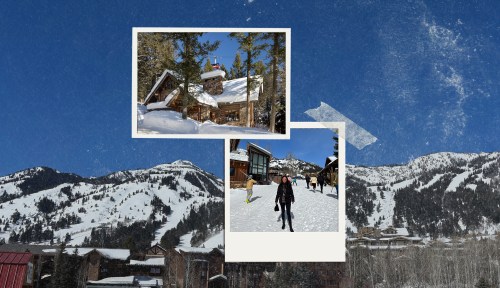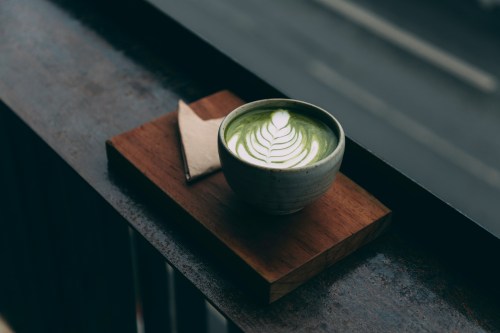A few weeks ago, I had a very interesting conversation with a popular wellness influencer who has a six-figure following. She asked a question, and I replied. Here’s a piece of the email I wrote to her:
I saw your story on Instagram asking for Indigenous people to email you with information about our spiritual practices. I’m sure you’re already getting a number of not-so-happy messages from Native people who are offended by your question. I ask that you have patience with this—our community tends to get very defensive (rightfully so) about our spirituality, which up until the 1970s was illegal in the United States. Not many people know that. Many of us grew up facing racism and discrimination for practicing our culture and simply being Indigenous.
It hurts to see our traditions, that our ancestors died and fought for, now become a trend that others are demanding to be a part of. These practices are sacred and special to us because they helped our people thrive for thousands of years and subsequently survive several brutal generations of genocide and colonialism. These practices keep us strong as we continue to deal with historical trauma.
When Native people express to you that they are hurt by the exploitation of their spiritual practices, please believe them. Our communities have seen so much pain. We have been mocked, brutalized, infantilized, dehumanized, and ignored. The last thing we need is to be harassed for knowledge when it comes to the most sacred things that we hold dear. Thank you for listening. I truly wish you the best in your work and I believe you have the power to influence others in a positive way regarding this topic.
I’m happy to report that this person replied with complete understanding and appreciation. She took time to educate her audience on cultural appropriation, and encouraged them to avoid it. I would love to see this type of education happening en masse in the wellness world.
When Native people express to you that they are hurt by the exploitation of their spiritual practices, please believe them. Our communities have seen so much pain.
Along with my husband, Thosh, I co-founded Well for Culture, an organization that aims to reclaim power for Indigenous people and others through healthy lifestyle practices. We created a model called The Seven Circles of Wellness, and through this we share teachings on Indigenous foods, recipes, movement methodologies, athletics, modalities of peacefulness, space cleansing, mindfulness, and more. We also talk about parenting, healthy relationships, and environmentalism (among other things).
We approach well-being from a functional, holistic perspective, with an emphasis on the interconnectedness of mind, body, spirit, and emotions. These concepts come from ancestral teachings, have been passed down through the generations, and are supported by research. There is an existing stereotype about Native people being unhealthy and downtrodden, but this is an incomplete story and an unfair generalization. While our communities do suffer from health disparities, many of us are also thriving.
I’m so honored to be included in the Well+Good Changemakers for 2020, and thrilled that Indigenous voices are finally being heard, and that Indigenous expertise is being recognized. If you’d like to jump into learning about Indigenous wellness with respect to Native people, I encourage you to try this exercise:
1. Take a few minutes to learn about the ancestral territory and Indigenous history specific to where you live and work. Also look up the tribal government or reservation that is nearest to you. Know where you stand.
2. Learn how to say “thank you,” or “hello,” or a few useful phrases in the Indigenous language local to your area.
3. Take a moment before you eat, move, cook, or meditate to offer thanks and gratitude to the Native people who have existed in your area for thousands of years.
4. Remember that approaching life with gratitude is a core tenet of Indigenous culture—a practice that we are happy to share and pass on.
These Native American runners are transforming their mental health, one mile at a time. Plus, the skeptic’s guide to gratitude.
Sign Up for Our Daily Newsletter
Get all the latest in wellness, trends, food, fitness, beauty, and more delivered right to your inbox.
Got it, you've been added to our email list.











